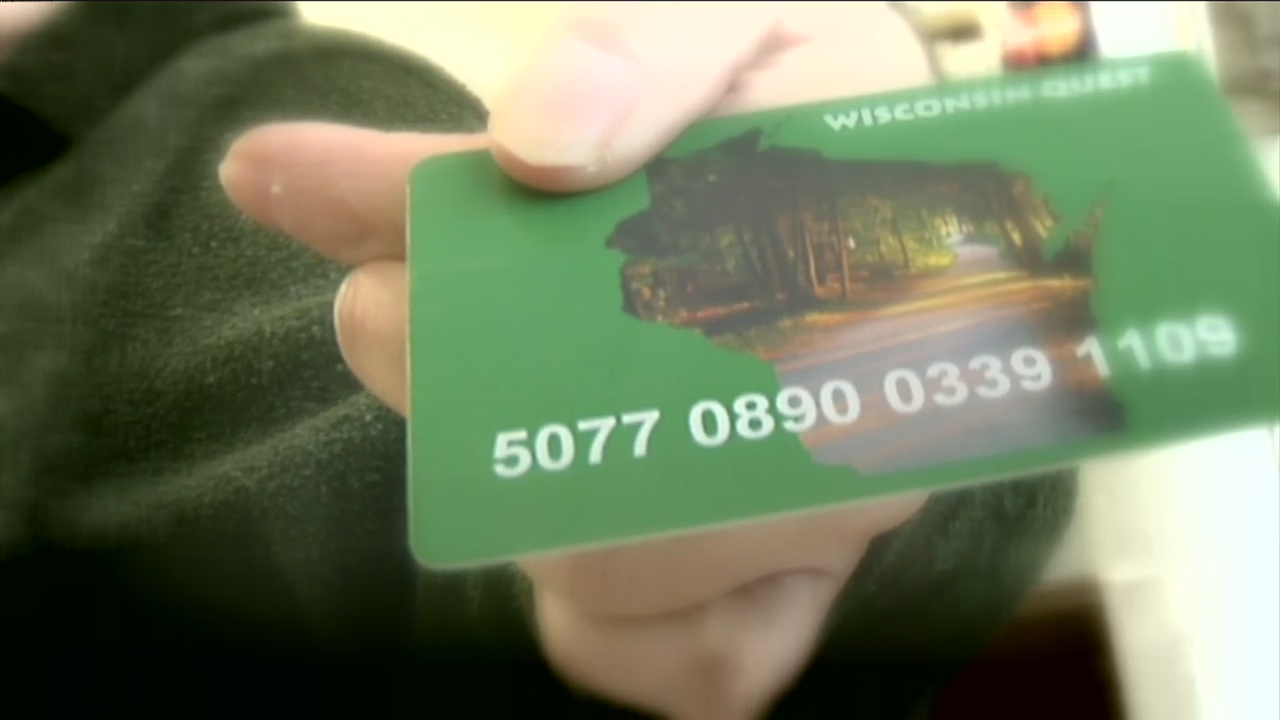
MacIver News Service | May 4, 2015
[Madison, Wisc…] A plan to prevent people from buying junk food using public benefits is once again making its way through the Wisconsin Capitol, after a similar bill failed last session.Rep. Robert Brooks (R-Saukville) is leading the charge in the Assembly with AB 177, which is being promoted as a reintroduction of former Rep. Dean Kaufert’s AB 110.
Both bills are based in the idea that if lower income individuals eat healthier foods, the state will spend less money on their healthcare now and down the line. The two plans seek to do that by placing limits on what can be bought with Food Share benefits, also called SNAP (supplemental nutrition assistance program).
“I believe that it’s a long term investment that’s going to be beneficial to the citizens. We have healthier lifestyles, we have healthier living, we all see how our health insurance costs and our expenses throughout the state are taking a hit and I believe that ultimately it will have a beneficial effect on that,” Sen. Duey Stroebel (R-Saukville) said at an Assembly hearing on Thursday, April 30th. Stroebel is sponsoring the Senate version of the bill.
There are some big differences, however, between the current plan, and the original bill that was circulated last session.
Kaufert’s bill would have initiated a pilot program, where Food Share recipients could only use their benefits to buy items off of the list for the federal WIC program (the Special Supplemental Nutrition Program for Women, Infants, and Children). That bill was opposed by everyone from Pepsi to Hunger Task Force.
A substitute amendment altered the Assembly Bill significantly, which the Assembly then passed. It then died in committee in the Senate. Rep. Brook’s bill this session is identical to that substitute amendment.
This version seeks to avoid some of Kaufert’s critics by allowing people to use one-third of their SNAP benefits on any food products they want (including junk food). The other two-thirds would be limited to the WIC list with certain modifications. It would allow for the purchase of beef, pork, chicken, fish, fresh produce and white potatoes, but would specifically ban shellfish.
Brook’s bill would also not necessarily be a pilot program. However, the state would need a waiver from the federal government to implement the new plan, since SNAP relies on federal funding. Such a waiver has never been granted before. Supporters of the bill say other states that have requested a waiver were proposing complicated, lengthy and questionable lists of limitations.
Another potential problem is people from other states would still have to be able to use their SNAP benefits in Wisconsin.
“We’re looking for a waiver for Wisconsin. We understand those people in the border states, this would be difficult. That could be one of the things that could preclude us from getting a waiver is the inoperability between states,” Brooks said.
The bill was sharply criticized by Assembly Democrats in that hearing. The bill’s sponsors were stumped by questions of cost and implementation.
“These are details I’m sure will be worked out,” Sen. Stroebel said.
“That’s what a hearing’s about, Senator, details,” Rep. Andy Jorgensen (D-Milton) said. “In my opinion this bill is not ready for primetime.”
Despite Jorgensen’s objections, the committee is expected to approve the bill next week, followed by an Assembly floor vote shortly thereafter.